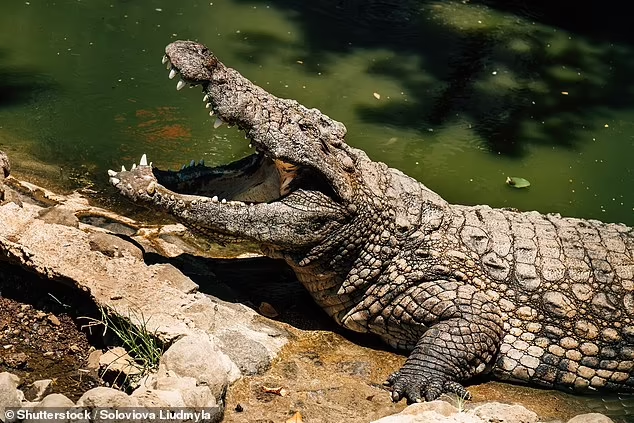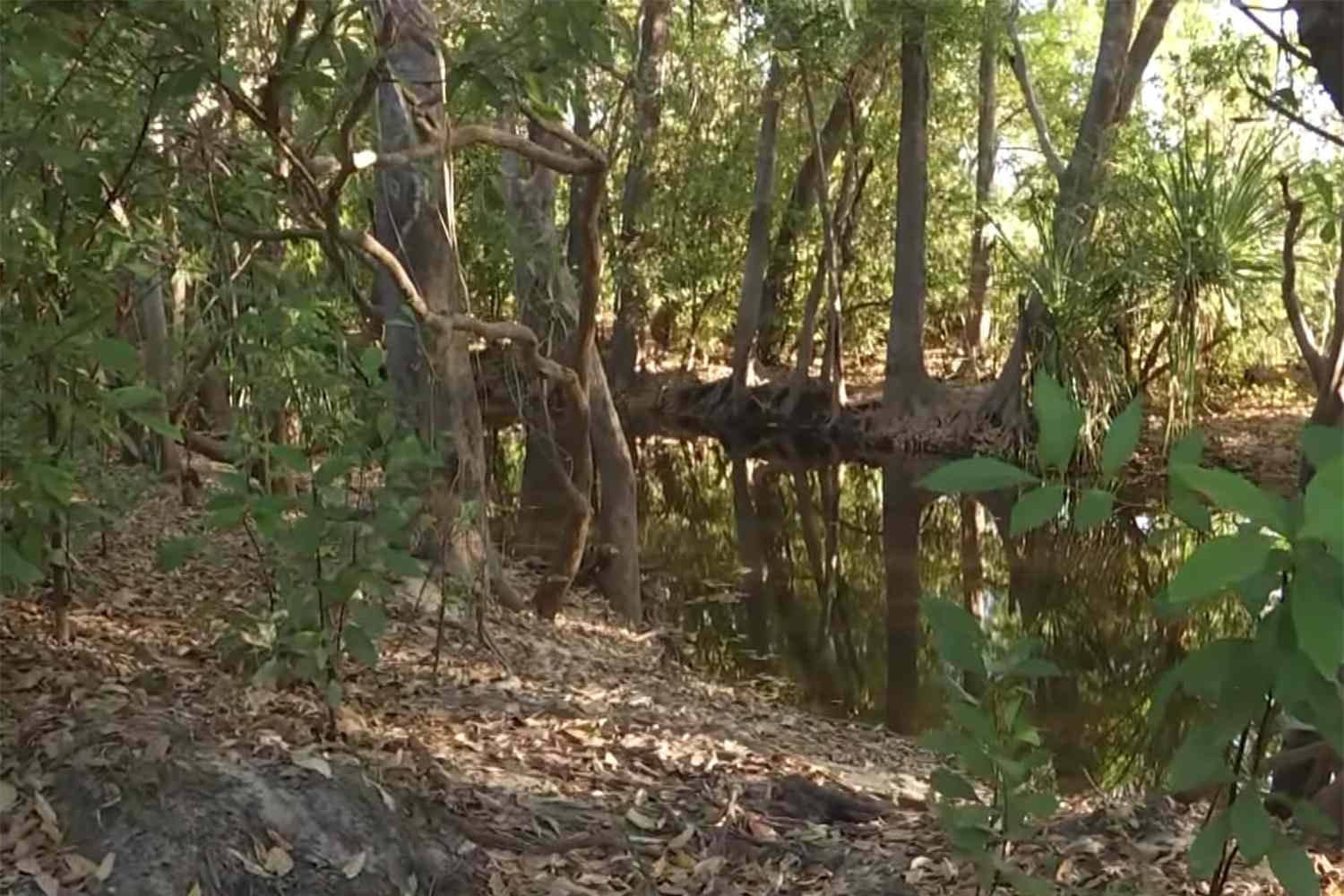The remains of a 12-year-old girl have been discovered in Australia’s Northern Territory, following what authorities believe to be a crocodile attack. The tragic incident occurred in the Indigenous community of Palumpa, where the girl had gone missing two days earlier. Northern Territory Police confirmed on Thursday that the injuries found on the girl’s body were consistent with a crocodile attack.

Senior Sergeant Erica Gibson described the recovery as “particularly gruesome” and “a sad, devastating outcome.” The discovery came after an extensive 36-hour search effort in the local river system. Gibson expressed deep sympathy for the family, noting their state of “extreme shock and disbelief” at the tragic turn of events.
In response to the incident, authorities are now searching for the responsible crocodile with the intention of trapping the animal. This effort is based on the territorial nature of crocodiles, which often remain in or near the same area. The Northern Territory Police are providing support to both the family and the local community during this difficult time.

Northern Territory Police Minister Brent Potter used this tragic event to remind residents and visitors of the ever-present danger in the region’s waterways. “We live in a place where crocodiles occupy our water places,” Potter stated, emphasizing the importance of avoiding these areas whenever possible.
The incident underscores the unique wildlife challenges faced in the Northern Territory, which boasts the world’s largest wild crocodile population. With over 100,000 freshwater and saltwater predators, the region is home to crocodiles that can grow up to 20 feet in length. The tourism website for the Northern Territory specifically highlights the saltwater crocodile as the more common and dangerous species, known for its diverse diet that includes fish, cattle, wild boar, turtles, birds, and crabs.

This tragic event serves as a somber reminder of the potential dangers lurking in Australia’s waterways and the importance of adhering to safety guidelines in crocodile-inhabited areas. It also highlights the need for continued education and awareness about wildlife risks in the region, especially for communities living in close proximity to these natural habitats.
As the community mourns this loss, authorities are likely to review and potentially strengthen safety measures and public awareness campaigns to prevent similar incidents in the future. This event may also spark renewed discussions about wildlife management and human-wildlife conflict in Australia’s northern regions.
NBC


